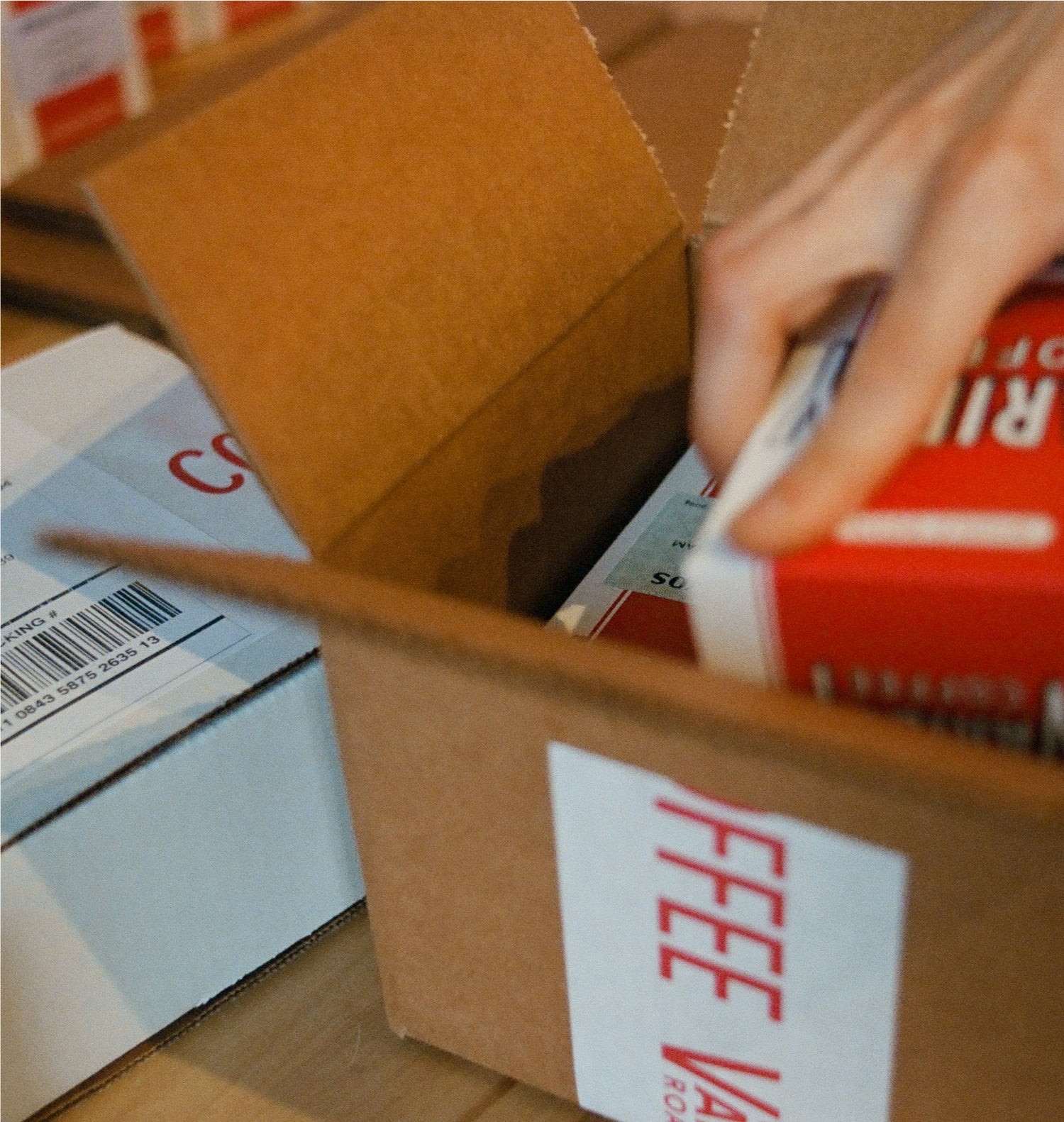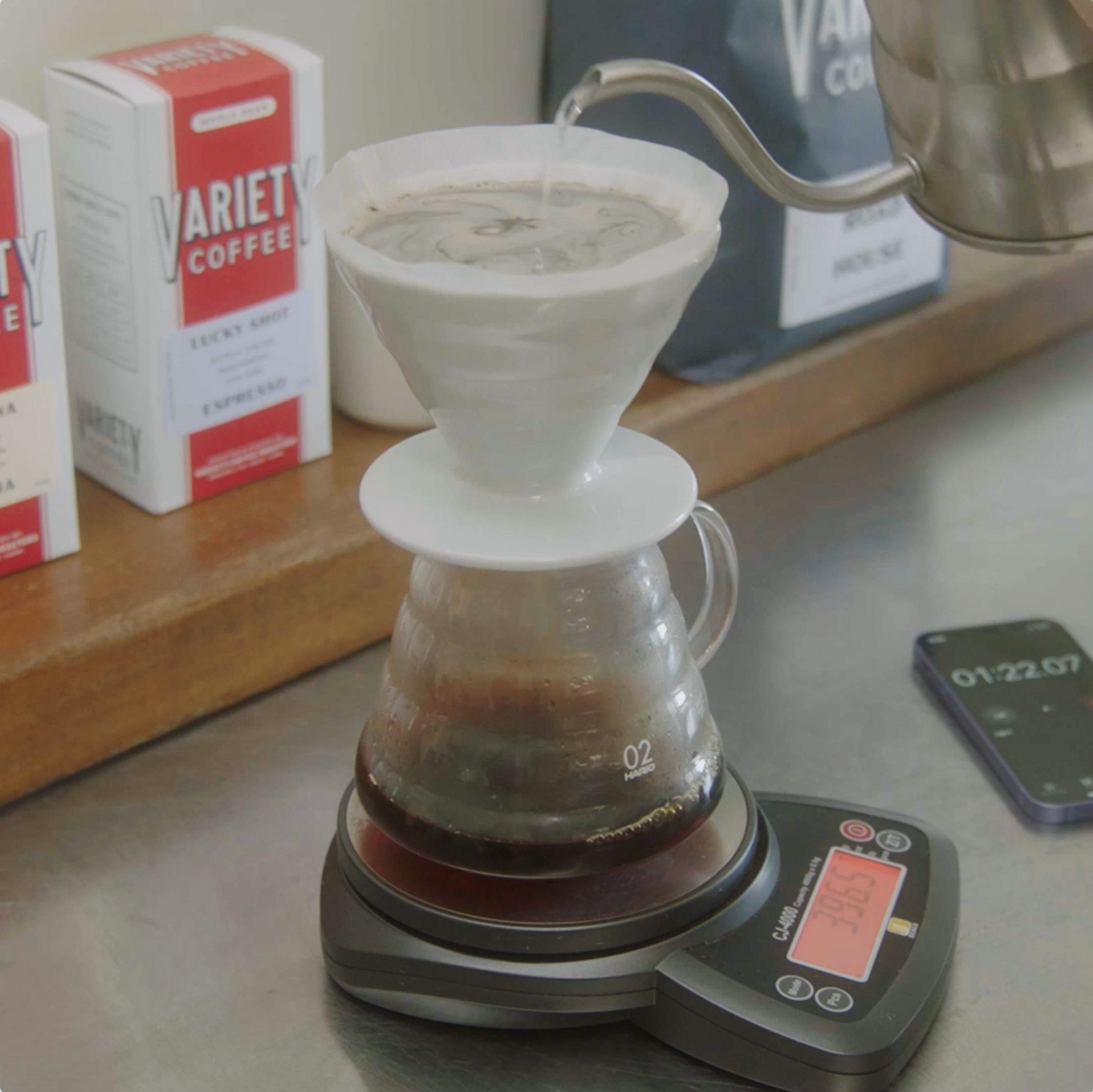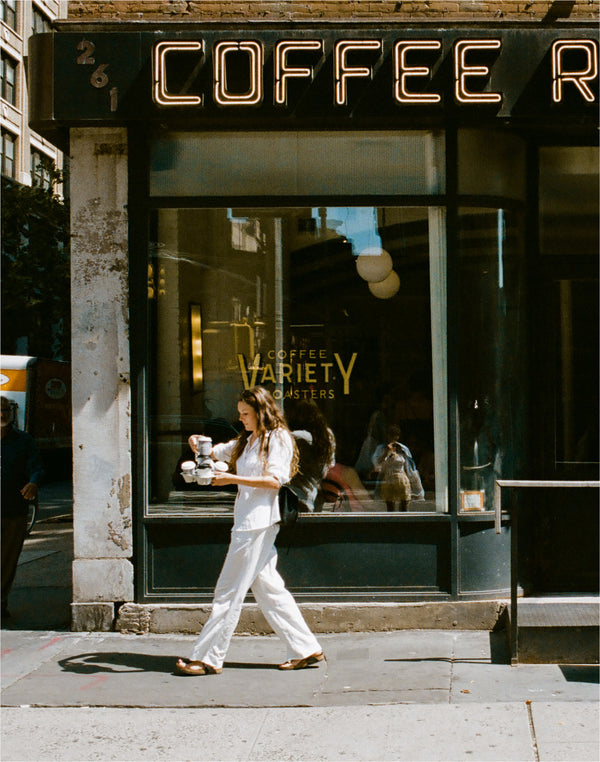At the base of Mount Kenya, fertile volcanic soil and freshwater streams fill the landscape. While fertile terroir is ideal, most would agree cup quality comes from Kenya’s notable commitment to processing cherry. The entire regimen is sometimes referred to as the 72 hour process, a triple ferment process where the third stage utilizes fresh water to remove any lingering fruit. Farmers are encouraged to become members of a cooperative, which markets and sells coffee on the whole communities behalf. Most farmers in Kenya are smallholders and typically produce enough cherry for just a few bags. Washing stations are often called ‘factories’ and play an enormous role in the quality of the final product.
Kathakwa Factory sits on the slopes of Mount Kenya in the Manyatta division of the Embu County. Rich volcanic soil, an annual rainfall of almost 1,500m, and the abundance of SL 28 and SL 34 varieties all lend immense quality to the production of coffee in this specific area. In this area of Kenya, smallholders deliver coffee in cherry to washing stations. The
factory treats all water in soak pits to ensure no contaminates run into the local waterways, which are a source for drinking water. Typically, the climate ranges from 12 to 25 degrees Celsius year round. Production cycle follows the standard timeframe with main crop harvested October through December/January and fly crop harvested April through June. After picking, ripe cherry is brought to the factory by smallholder farmers, before it undergoes processing to remove the skin and pulp. The nearest water source is the Kii river. After washing, the coffee is dried on typical African raised beds, which allow good air circulation between the beans. Beans are dried to between 11 and 13 % and then brought to the Central Kenya Coffee Mill in Nyeri for grading and sorting.









